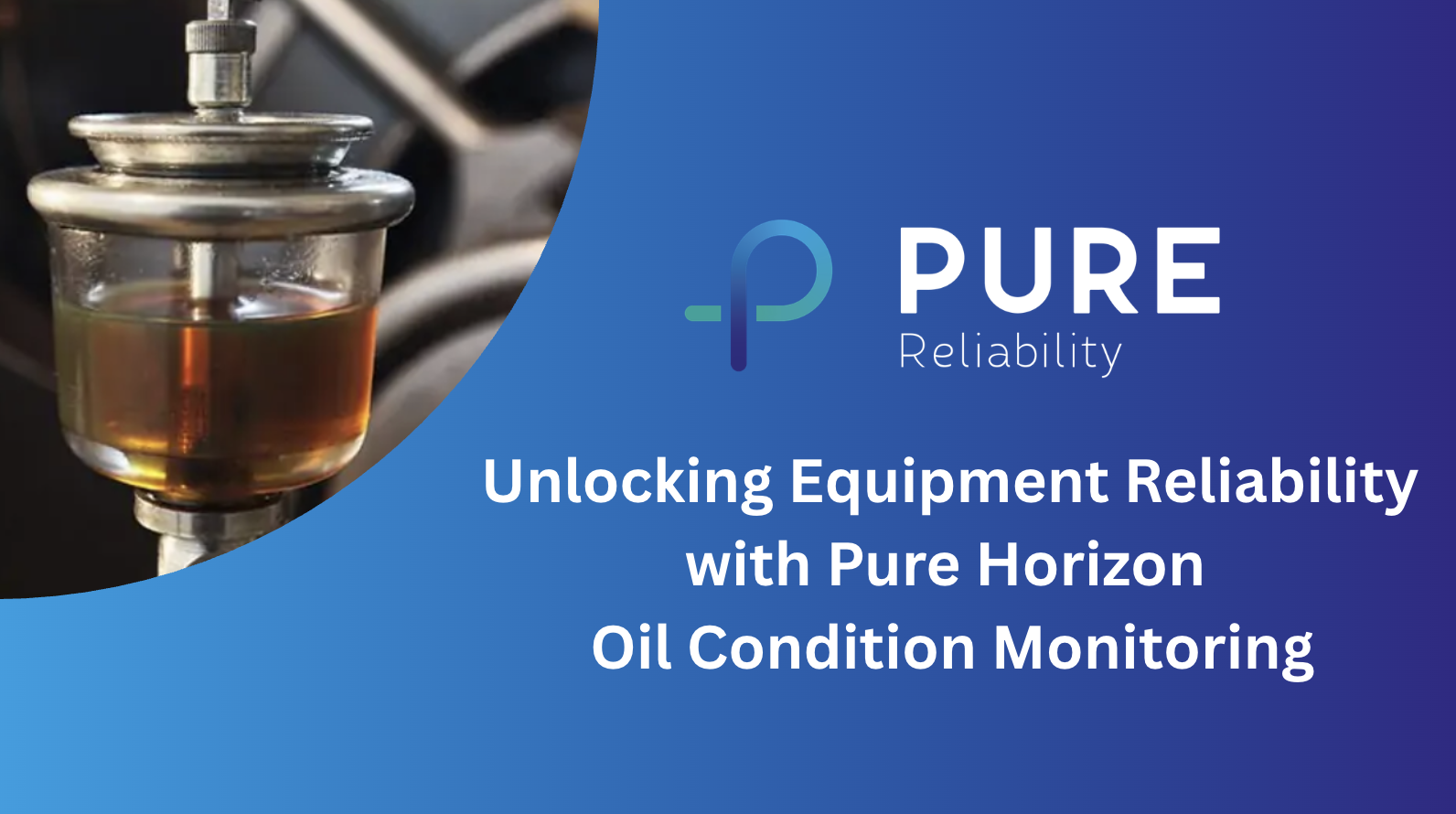We get asked this question frequently. The simple answer is that where there is direct contact or any possibility of incidental contact with a food product, you should be using an H1 food grade lubricant. This should also be considered if you are manufacturing products associated with food, for example packaging.
NSF H1 or HT1 registered lubricants help minimise the risk of contamination in the production process, and many food grade lubricants can be suitable for Halal, Kosher and gluten free preparations.
The benefits of using food grade lubricants include minimising the potential for product recalls and maintaining your brand integrity. With modern technology, you can also enhance the performance of your equipment and achieve energy efficiency through the use of food grade lubricants.
We can advise you on the transition of your plant or equipment to food grade lubricants, and we will manage the implementation with you. If you would like to know more about the benefits of food grade lubricants or to discuss the legislative and audit impact to your business, call our team to have a chat.



